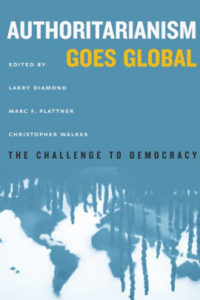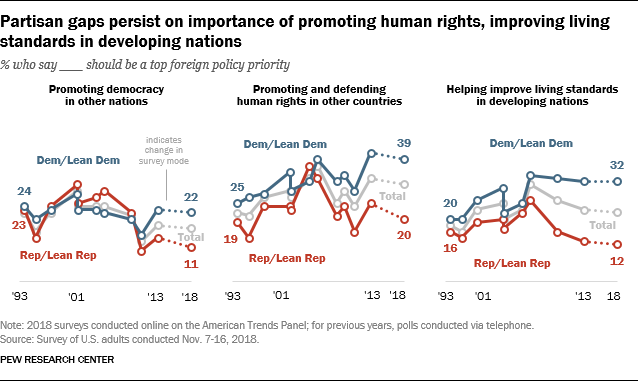 It is not cost-free to lead an international community of democracies whose military, economic and political resources, if nurtured and leveraged effectively, will remain unmatched. This necessitates stronger foreign assistance, robust defense and diplomatic finesse, including engagement with adversaries to manage tensions and work arduously for peace, according to John Raidt, a non-resident senior fellow at the Atlantic Council, and Ian Brzezinski, a former deputy assistant secretary of Defense for Europe and NATO policy, who leads the Brzezinski Group.
It is not cost-free to lead an international community of democracies whose military, economic and political resources, if nurtured and leveraged effectively, will remain unmatched. This necessitates stronger foreign assistance, robust defense and diplomatic finesse, including engagement with adversaries to manage tensions and work arduously for peace, according to John Raidt, a non-resident senior fellow at the Atlantic Council, and Ian Brzezinski, a former deputy assistant secretary of Defense for Europe and NATO policy, who leads the Brzezinski Group.
Moreover, in this era of clever autocracies, the need for rapid decision-making by democracies is essential. But the cost of leadership earns advantageous returns. As we saw in the last century, the alternatives can be far costlier, they write for The Hill. The key ingredient remains U.S. leadership that:
- Reaffirms our commitment to the rules-based international order that respects national sovereignty;
- Underscores our commitment to bilateral and multilateral alliances, including NATO;
- Modernizes U.S. and allied global engagement to more effectively address poverty, instability and conflict;
- Further develops and enforces an international system of free and fair trade; and
- Promotes democratic principles and practices around the world.
But while most everyone agrees that defeating the Nazis and liberating those they enslaved was necessary and right. Fewer agree that free nations, led by the United States, have an obligation to oppose tyrannies and aid those they oppress and threaten, Bret Stephens writes for The New York Times:
A Pew survey from last November found that only 31 percent of Americans believed that “promoting and defending human rights in other countries” should be a leading foreign policy priority. Promoting democracy? Seventeen percent.
 Tim Bouverie’s new book, Appeasement, highlights the dangers to a democracy of a leader who comes to power knowing little or nothing about foreign policy, yet imagines himself an expert and bypasses the other branches of government to further his aims, Lynne Olson writes for The Times.
Tim Bouverie’s new book, Appeasement, highlights the dangers to a democracy of a leader who comes to power knowing little or nothing about foreign policy, yet imagines himself an expert and bypasses the other branches of government to further his aims, Lynne Olson writes for The Times.
On June 13, the Brookings Institution will hold two panels to discuss Europe’s post-American future? Participants include Brookings scholars Célia Belin, [NED board member] Victoria Nuland, Alina Polyakova, Amanda Sloat, Constanze Stelzenmüller, and Thomas Wright, as well as Walter Russell Mead of the Hudson Institute, Journal of Democracy contributor Yascha Mounk of the SNF Agora Institute, and Edward Luce of the Financial Times.
Thursday, June 13, 2019, 10:00 a.m. — 12:30 p.m. EDT
The Brookings Institution, Falk Auditorium, 1775 Massachusetts Avenue, N.W. Washington, D.C. 20036 RSVP








